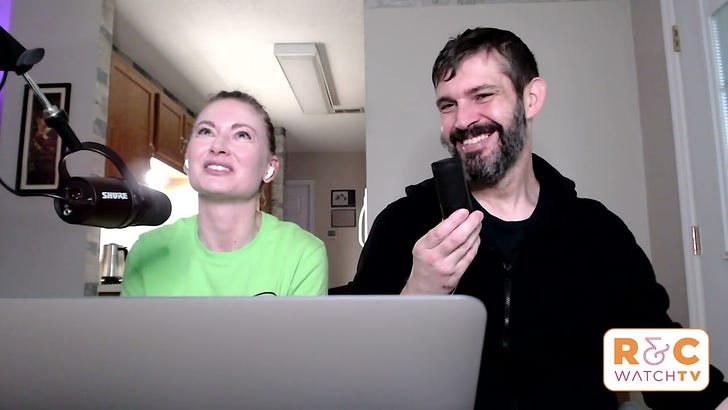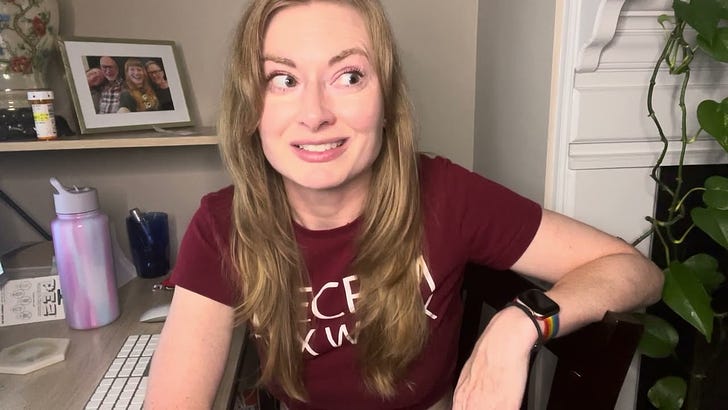It’s time, my babies, for the third installment of the ACAB case for weaksauce police reform series! In part one we discussed why we need to professionalize policing. Part two was all about hiring more officers. Today’s post is all about changing how cops do their jobs.
As previously stated, we have good reason to believe that improving public trust in the police will reduce crime. This is one reason we don’t have to choose between out-of-control cops and out-of-control crime. The right reforms can lower crime and improve policing at the same time.
“When the public trust and respect police they are more likely to call on them for help, to cooperate with them in critical situations, and work together to solve community problems,” writes Brian A. Jackson of the RAND Corporation.
But we can’t build that trust until we understand and acknowledge why just 26% of US adults said they have a great deal of confidence in the police in 2022.
A huge part of this distrust stems from what’s known as “proactive policing.”
This post will delve into what that is and how it’s destroying trust between police and the communities they’re supposed to protect and serve.
Broken windows theory
To understand proactive policing, we first need to grok the “broken windows” theory of crime. This is the idea that arresting people for non-violent and low-level “quality of life” infractions can prevent more serious crimes. These are activities like littering, loitering, panhandling, liquor law violations, low-volume drug possession, and disorderly conduct.
With four decades of research under out belts, researchers today are pretty unified in their view that the “broken windows” theory is utterly and unambiguously incorrect. Graffiti does not lead to grand theft auto.
Unfortunately, between its introduction in 1982 and today, broken windows became super popular among police departments. Police departments across the US began directing cops to spend more time stopping and searching citizens without probable cause and prioritizing low-level infractions, known as “proactive policing.”
In New York, this shift became official policy. Under “Stop and Frisk” NYPD cops have illegally stopped more than two million people since 2001. The victim was innocent in more than 90% of these stops, according to the department's own data. More than 250,000 of the Chicago Police Department’s stops from May of 2014 to August of 2014 produced no arrests. Officers broke the law in half of these stops. Cops tend to target non-white males and disproportionately make these stops in low-income, majority minority neighborhoods.
Proactive policing results
This racially biased, illegal harassment utterly failed to reduce crime in New York and Chicago.
Remember when NYPD officers did a work slowdown when citizens protested the grand jury’s failure to indict the cops who murdered Eric Garner for selling loose cigarettes? While cops refused to proactively police, major crimes dropped by between 3% and 6%, even after correcting for under-reporting.
But proactive policing isn’t content to merely fail to stop crime. No, it also actually creates more crime.
First, the officers commit a crime every time they stop someone without probable cause. Perhaps not shockingly, illegal, racist harassment massively erodes trust between police officers and their victims. And, again, trust in police and crime are inextricably linked. Proactive policing is especially stupid because cops are eroding trust exactly where they need it most, in the predominantly low-income, Black and Latino communities that tend to be hotspots for real crimes.
The legal stops that do result in arrests, criminal records, and/or jail time also erode trust, ruin lives, and fail to stop real crime. These encounters with the criminal justice system not only massively disrupt people’s lives, but incarceration is demonstrably criminogenic. Sending someone to jail for walking with an open container doesn’t prevent serious crimes. It actually makes them more likely.
Proactive policing also helps serious criminals evade arrest. “Proactive policing diverts finite resources and attention away from investigative units, including detectives working to track down serial offenders and break up criminal networks,” the authors of one study wrote.
It’s no wonder then that when departments pull back on proactive policing, crime rates actually fall.
As Emily Galvin-Almanza pointed out, 44% fewer children dropped out of school due to contact with the criminal court system after NYC dropped stop and frisk.
So they stopped, right?
Since we’ve known for a while that proactive policing actually causes far more serious crimes than it prevents (along with a host of other problems), one might assume police departments have largely stopped doing it.
Oh, my sweet, summer babies.
One organization did get the message. The Department of Justice has issued consent decrees prohibiting police in many jurisdictions from engaging in proactive policing. Yet police in several cities went right back to using proactive policing after their consent decrees ended.
Across the country, cops still make the bulk of their arrests for low-level victimless “quality-of-life” misdemeanors rather than serious offenses. In this system, simply hiring more cops and paying them more will result in more harassment. In fact, each additional police officer hired results in between seven and 22 additional arrests for “quality of life” offenses.
Whence this fuckery
“What the everloving fuck?” you may be asking yourself right now. I know. I empathize.
What we have here is a misalignment of incentives.
Imagine you’re a cop. You could stop and search suspected street artists. Or, you could investigate and arrest suspects for serious, violent crimes. Which seems safer, easier, and faster?
If higher ups evaluate cops and hand out manpower, overtime, and equipment based on number arrests regardless of the seriousness of the crime, cops are going to prioritize harassing non-violent men who are going to have a hard time suing them.
Doing it better
I fully support paying cops more, paying them more intelligently, and hiring more of them. We want those cops to focus on the crimes that matter most while reducing overall crime most effectively. To ensure that happens, we also have to change official policy away from proactive policing and toward something better. That better something is community policing, and I’ll be delving into that on Monday.
Sex and the State is a newsletter at the intersection of policy and people. Like it? Upgrade to a paid subscription, buy a guide, follow me on Twitter, support me on Patreon, or just share this post 🙏
~~~~~
This ⬇️ is an affiliate link! Sign up today to support me!
Join the reading revolution! Get key ideas from bestselling non-fiction books, distilled by experts into bitesize text and audio. Explore our vast library of over 5,500 titles and stay up-to-date with 40 new titles added each month.
















Share this post